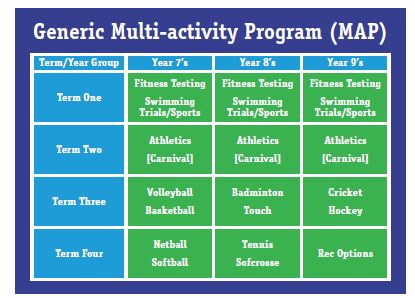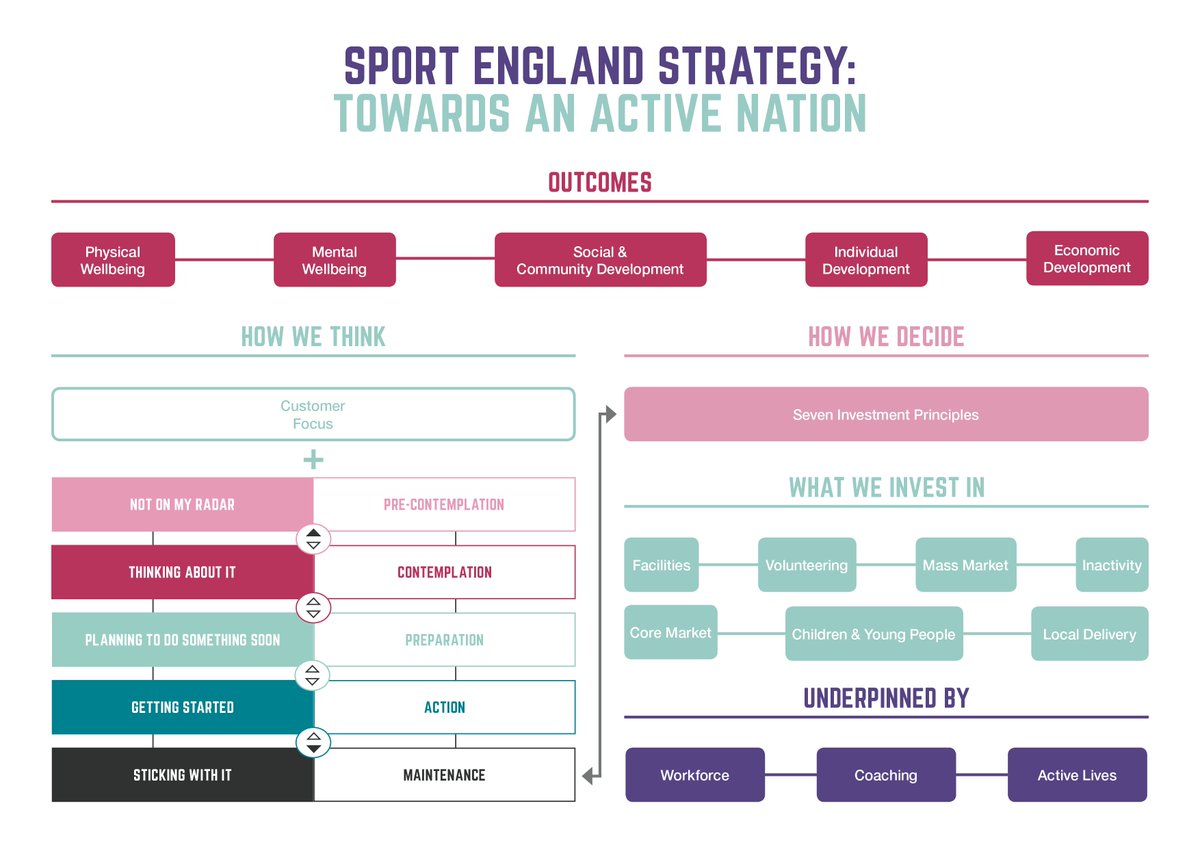
A series of related gems today - starting off with a truly outstanding scene-setter from @CarlWoods25, @JamesRRudd & @Robertson_SJ - asking (en-route) "what are the properties of specific affordances that invite their realisation by certain individuals?"
sportsmedicine-open.springeropen.com/articles/10.11…
sportsmedicine-open.springeropen.com/articles/10.11…
Supporting wayfinding "is an embodied and embedded process, in which support practitioners work with [xxxx] to deepen his/her knowledge of the environment by guiding his/her attention toward its critical features used to inform intentions, perceptual exploration and action" ![[...] a musician exemplifies wayfinding by emotionally engag](/images/1px.png)


![[...] a musician exemplifies wayfinding by emotionally engag](https://pbs.twimg.com/media/Elm6oHRXUAIjr1c.png)


Then a podcast which does an awesome job of showing what all of this can look like in a high-performance coaching context - with an exemplary, inspiring coach who is "really thankful" he "never had stable access to a coach" - c/o @MorrisCraig_ & @stu_arm spreaker.com/user/thetalent…
1:02:00 @MorrisCraig_ goes back, once more, to @russellearnshaw's glorious question: “What makes the best paddlers in the world? Is it their ability to deliver a plan, or their ability to adapt within the performance?” & see also:
blubrry.com/uk_coaching/68…
ukcoaching.org/resources/topi…
blubrry.com/uk_coaching/68…
ukcoaching.org/resources/topi…
@MorrisCraig_: "if we're going to tell people and show people how to do something in THE way, THE one way, then to me, it makes sense that we've got to really be sure that there IS one way and sure that our one way is THE way. And I'm just abundantly unsure of that" #BecauseHuman
@stu_arm: "the more you begin to operate that like this, the [...] more you disabuse yourself of the notion of the coach as the knower [...] the coach as the one who has a degree of control" - pointing us to the coach as "an active participant in learning with another being" 😍
"I sometimes fall into this trap. These are the affordances in this environment, and I'm going to constrain this environment so you can see them, as opposed to [...] responding to what the athletes play to me through their action [so] I understand what they are attuning to" 😍
In passing... a recent gem from @stu_arm & @ShakeyWaits & @coachKCvb discussing Newell's suggestion that postural control, locomotion & object interaction as "fundamental" within an ecological approach to skill development - one for all aspirant coaches!
Last but not least (for now) - an outstanding @ShakeyWaits presentation linked to the ongoing paradigm shift within coaching. What does the shift to ecological approaches actually mean for coaches working to support skill development? Highly recommended 😎
Typically, just as soon as I write "last but not least"... @PsychScientists comes up with "How we actually do stuff is not particularly accessible to common sense, and so common sense is a very limited basis for identifying important parts" #becausehuman😍
https://twitter.com/PsychScientists/status/1322494805788794881
Plus this outstanding riposte - which adds two points I commonly make: that everyone's doing stuff which is best explained through EcoD... even where the coach's theory lies 100% within IP frameworks... & that search space commonly hits functional limits!
https://twitter.com/rrangana1/status/1322522709046317058
• • •
Missing some Tweet in this thread? You can try to
force a refresh

![[...] to help girls [...] f...](https://pbs.twimg.com/media/ElvpF7KWkAc3OKQ.jpg)
![[...] 90% of schools (prima...](https://pbs.twimg.com/media/ElvpIZlXgAYSvLw.jpg)
![[...] 90% of schools (prima...](https://pbs.twimg.com/media/ElvpJ07XYAA2cgC.jpg)



